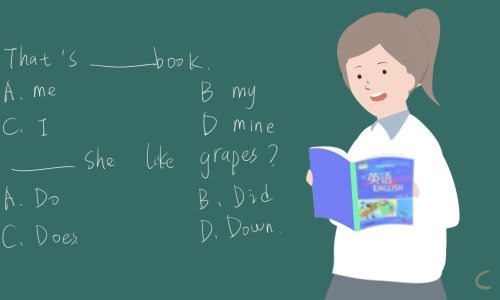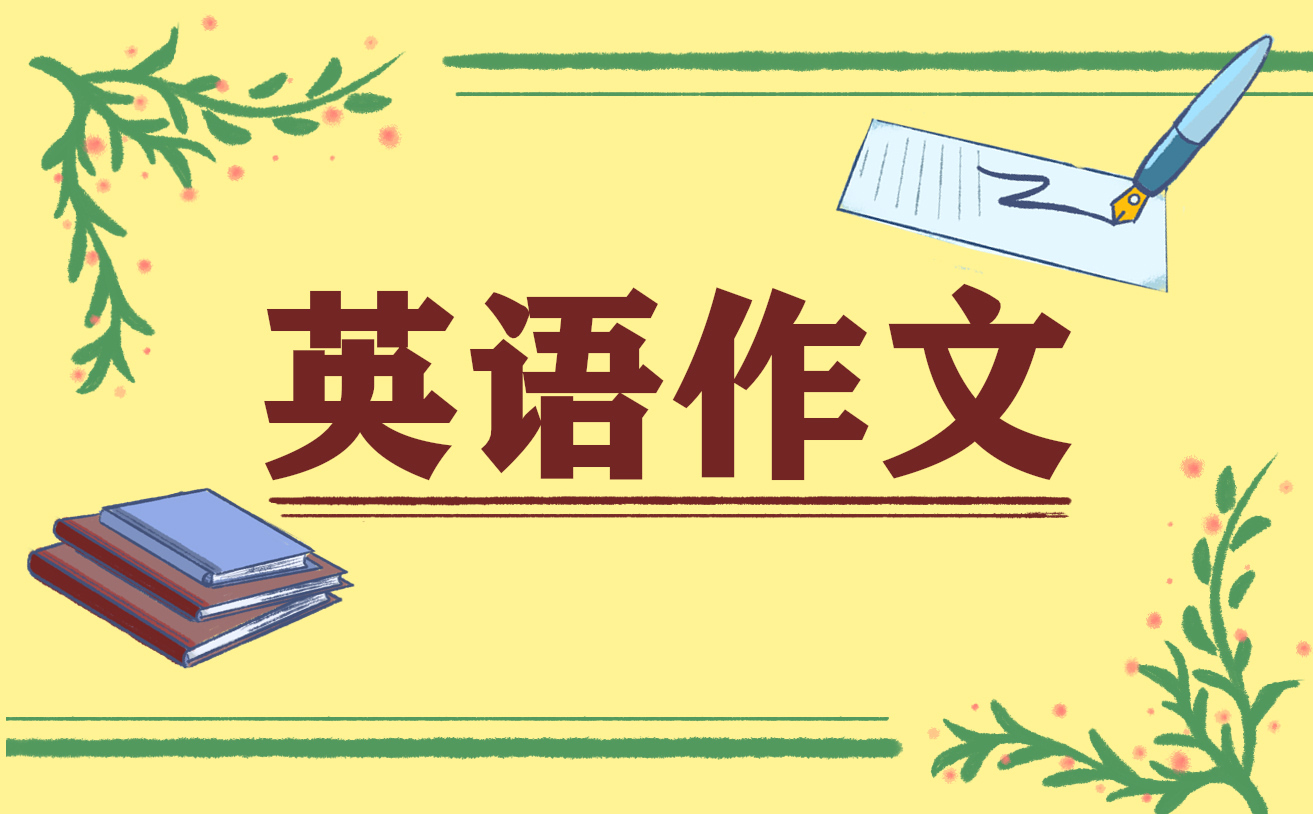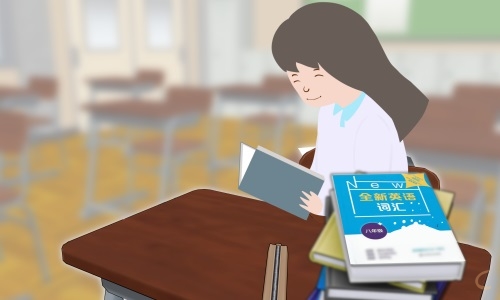有关英语美文散文5篇
如果我们自己英语口语很好的话,我们大家书面表达也是很强的,这样口语增加自己的核心竞争力,找到更好的工作。因此,学英语很重要。下面是小编为大家整理的有关英语美文散文,如果大家喜欢可以分享给身边的朋友。

有关英语美文散文(精选篇1)
To respect my work, my associates and myself. To be honest and fair with them as I expect them to be honest and fair with me. To be a man whose word carries weight. To be a booster, not a knocker; a pusher, not a kicker; a motor, not a clog.
To base my expectations of reward on a solid foundation of service rendered; to be willing to pay the price of success in honest effort. To look upon my work as opportunity, to be seized with joy and made the most of, and not as painful drudgery to be reluctantly endured.
To remember that success lies within myself; in my own brain, my own ambition, my own courage and determination. To expect difficulties and force my way through them, to turn hard experiences into capital for future struggles.
To interest my heart and soul in my work, and aspire to the highest efficiency in the achievement of results. To be patiently receptive of just criticism and profit from its teaching. To treat equals and superiors with respect, and subordinates with kindly encouragement.
To make a study of my business duties; to know my work from the ground up. To mix brains with my efforts and use system and method in all I undertake. To find time to do everything needful by never letting time find me or my subordinates doing nothing. To hoard days as a miser does dollars, to make every hour bring me dividends in specific results accomplished. To steer clear of dissipation and guard my health of body and peace of mind as my most precious stock in trade.
Finally, to take a good grip on the joy of life; to play the game like a gentleman; to fight against nothing so hard as my own weakness, and endeavor to grow in business capacity, and as a man, with the passage of every day of time.
有关英语美文散文(精选篇2)
My grandfather died when I was a small boy, and my grandmother started staying with us for about six months every year. She lived in a room that doubled as my father‘s office, which we referred to as "the back room." She carried with her a powerful aroma. I don‘t know what kind of perfume she used, but it was the double-barreled, ninety-proof, knockdown, render-the-victim-unconscious, moose-killing variety. She kept it in a huge atomizer and applied it frequently and liberally. It was almost impossible to go into her room and remain breathing for any length of time. When she would leave the house to go spend six months with my Aunt Lillian, my mother and sisters would throw open all the windows, strip the bed, and take out the curtains and rugs. Then they would spend several days washing and airing things out, trying frantically to make the pungent odor go away.
This, then, was my grandmother at the time of the infamous pea incident.
It took place at the Biltmore Hotel, which, to my eight-year-old mind, was just about the fancies place to eat in all of Providence. My grandmother, my mother, and I were having lunch after a morning spent shopping. I grandly ordered a salisbury steak, confident in the knowledge that beneath that fancy name was a good old hamburger with gravy. When brought to the table, it was accompanied by a plate of peas.
I do not like peas now. I did not like peas then. I have always hated peas. It is a complete mystery to me why anyone would voluntarily eat peas. I did not eat them at home. I did not eat them at restaurants. And I certainly was not about to eat them now.
"Eat your peas," my grandmother said.
"Mother," said my mother in her warning voice. "He doesn‘t like peas. Leave him alone."
“My grandmother did not reply, but there was a glint in her eye and a grim set to her jaw that signaled she was not going to be 14)thwarted. She leaned in my direction, looked me in the eye, and uttered the fateful words that changed my life: "I‘ll pay you five dollars if you eat those peas."
I had absolutely no idea of the impending doom. I only knew that five dollars was an enormous, nearly unimaginable amount of money, and as awful as peas were, only one plate of them stood between me and the possession of that five dollars. I began to force the wretched things down my throat.
My mother was livid. My grandmother had that self-satisfied look of someone who has thrown down an unbeatable trump card. "I can do what I want, Ellen, and you can‘t stop me." My mother glared at her mother. She glared at me. No one can glare like my mother. If there were a glaring Olympics, she would undoubtedly win the gold medal.
I, of course, kept shoving peas down my throat. The glares made me nervous, and every single pea made me want to throw up, but the magical image of that five dollars floated before me, and I finally gagged down every last one of them. My grandmother handed me the five dollars with a flourish. My mother continued to glare in silence. And the episode ended. Or so I thought.
My grandmother left for Aunt Lillian‘s a few weeks later. That night, at dinner, my mother served two of my all-time favorite foods, meatloaf and mashed potatoes. Along with them came a big, steaming bowl of peas. She offered me some peas, and I, in the very last moments of my innocent youth, declined. My mother fixed me with a cold eye as she heaped a huge pile of peas onto my plate. Then came the words that were to haunt me for years.
"You ate them for money," she said. "You can eat them for love."
Oh, despair! Oh, devastation! Now, too late, came the dawning realization that I had unwittingly damned myself to a hell from which there was no escape.
"You ate them for money. You can eat them for love."
What possible argument could I muster against that? There was none. Did I eat the peas? You bet I did. I ate them that day and every other time they were served thereafter. The five dollars were quickly spent. My grandmother passed away a few years later. But the legacy of the peas lived on, as it lives on to this day. If I so much as curl my lip when they are served (because, after all, I still hate the horrid little things), my mother repeats the dreaded words one more time: "You ate them for money," she says. "You can eat them for love."
有关英语美文散文(精选篇3)
I remember quite clearly now when the story happened. The autumn leaves were floating in measure down to the ground, recovering the lake, where we used to swim like children, under the sun was there to shine. That time we used to be happy. Well, I thought we were. But the truth was that you had been longing to leave me, not daring to tell me. On that precious night, watching the lake, vaguely conscious, you said: "Our story is ending."
The rain was killing the last days of summer. You had been killing my last breath of love, since a long time ago. I still don’t think I’m gonna make it through another love story. You took it all away from me. And there I stand, I knew I was going to be the one left behind. But still I’m watching the lake, vaguely conscious, and I know my life is ending.
有关英语美文散文(精选篇4)
When I entered junior high, I met a really good English teacher. Her English is beautiful and her lessons are interesting. What's more important, she always encouraged us to practise more. She made everyone of us read English newspapers in class. We often did pair work, group work, discussions and reports. She also brought us a lot of really nice English songs and chants. We never found it boring to learn English. Her classes always seemed to be too short.
There were always games, competitions and laughter in our English class. As a result, everyone in our class loves and does well in English. I began to read simplified English novels even when I was in junior three. I just enjoy learning and improving my English. My biggest wish is to be an English teacher in the future. I want to be an excellent English teacher like my beloved junior English teacher, Linda. Learning English is already part of my life, and I'll definitely keep on till the very end.
有关英语美文散文(精选篇5)
记得三四岁的时候,我正在吃饭。
I remember when I was three or four years old, I was eating.
“来,旸旸,嘴巴张开,我来喂你!”奶奶高兴地说。我立刻张开嘴巴,津津有味地吃了起来。突然,正坐在沙发上看报纸的爸爸似乎肚子唱起了“空城计”,马上三步变成两步,向饭桌走来。
"Come, come, open your mouth, I'll feed you!" Grandma said happily. I immediately opened my mouth and ate with relish. All of a sudden, Dad, who was sitting on the sofa reading the newspaper, seemed to be singing "empty city plan" in his stomach. At once, three steps turned into two steps and came to the table.
我边吃边玩玩具,走来走去的,奶奶一也一样,跟着我走来走去的。当爸爸看到奶奶在喂我的时候,马上走过去,严肃地对奶奶说:“妈,让她自己吃就好了,它又不是没手没脚的。”可奶奶紧张地说:“可是……你看她还小,都还没有5岁,而且都还没有懂事呢!你看她这么小,喂她是一件很正常的事。”
I eat and play with toys, walking around, grandma is the same, follow me around. When dad saw grandma feeding me, he walked over and said to grandma seriously, "Mom, just let her eat by herself. It's not without hands or feet." But grandma said nervously, "but You see, she's still young. She's not even five years old, and she's not sensible yet! It's normal for you to feed her because she's so small. "
当时我确实还小,听不懂大人在说什么。但现在长大了,我渐渐懂得了什么是关心,什么是关爱。那时的爸爸也是为了我好。好习惯应该从小养成,自己能做的事自己做,免得以后什么都不会。
At that time, I was really young. I couldn't understand what adults were saying. But now growing up, I gradually understand what is care, what is care. My father was also good for me. A good habit should be formed from a young age. You should do what you can, so that you won't be able to do anything in the future.
母爱也是少不了的,下面是我小时候的一段成长经历,看看吧!
Mother's love is also indispensable. Here is my childhood growth experience. Have a look!
在一个晴空万里的星期天,我和妈妈一起吃去玩。
On a sunny Sunday, my mother and I ate and played together.
在路上,我一边唱歌,一边踏着轻快的脚步,向前走去。由于我太高兴了,没有注意到前面有一块石头,就滑了一下,摔倒了。我伸出手要让妈妈抱起来,但妈妈说:“自己爬起来不要总是让我抱。”最后,我鼓起勇气,爬起来了。
On the way, I was singing and walking forward with light steps. Because I was so happy, I didn't notice a stone in front of me, so I slipped and fell down. I put out my hand to let my mother hold it, but my mother said, "don't always let me hold you when you get up." Finally, I got up my courage and got up.
父母的爱是世界上最伟大的,没有比它更伟大的东西了!
The love of parents is the greatest in the world. There is nothing greater than it!



